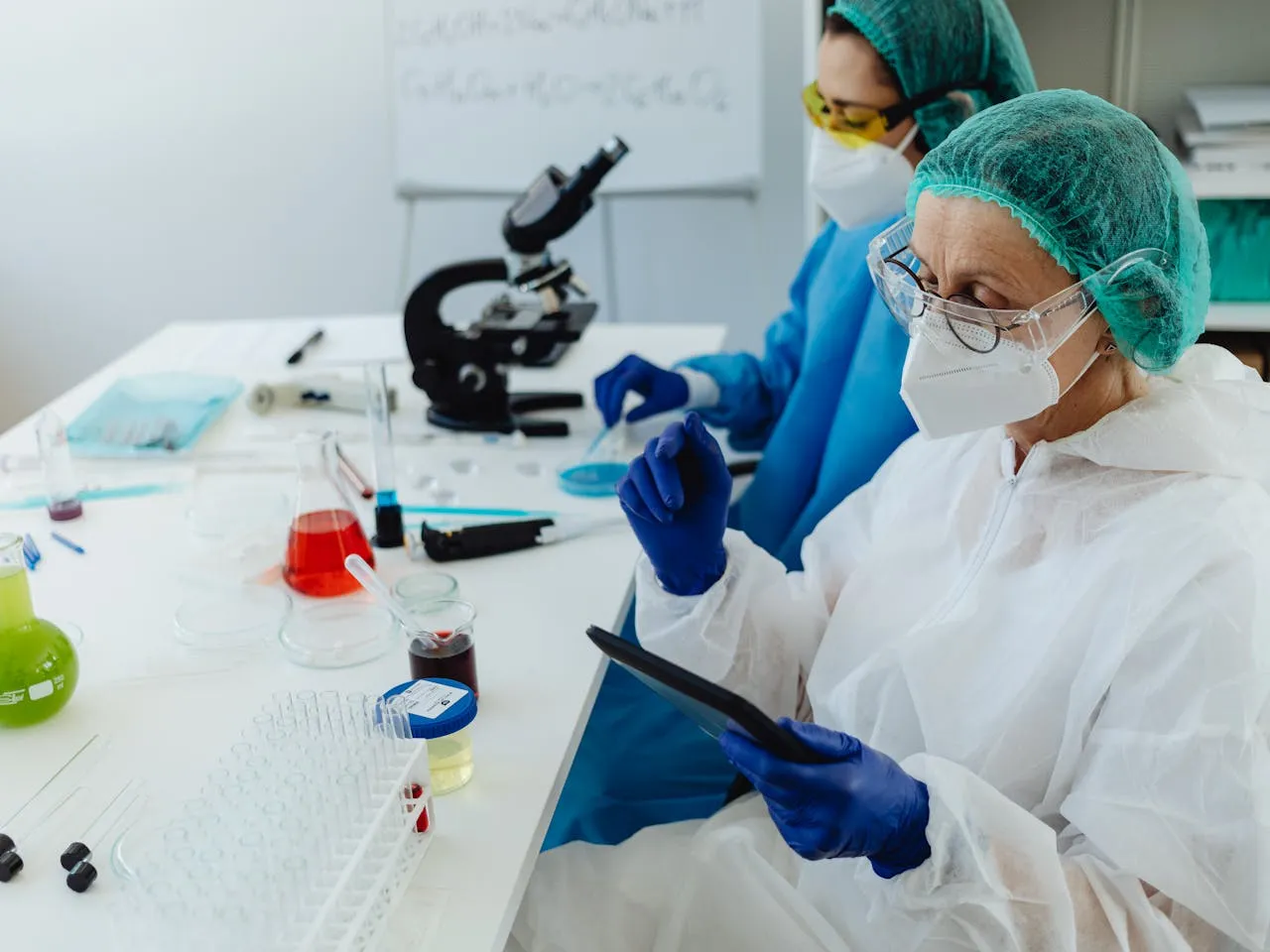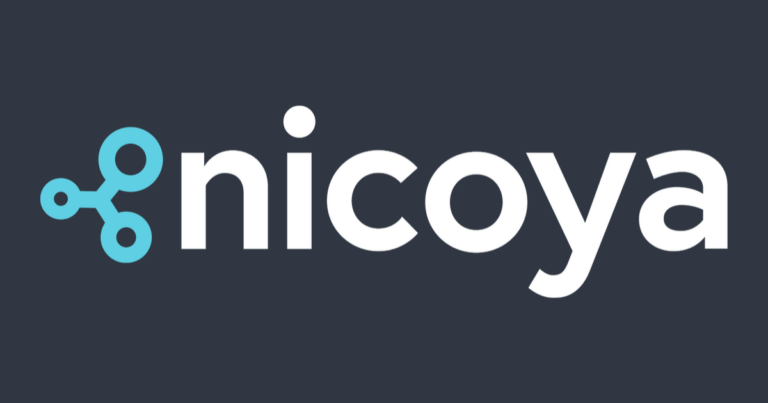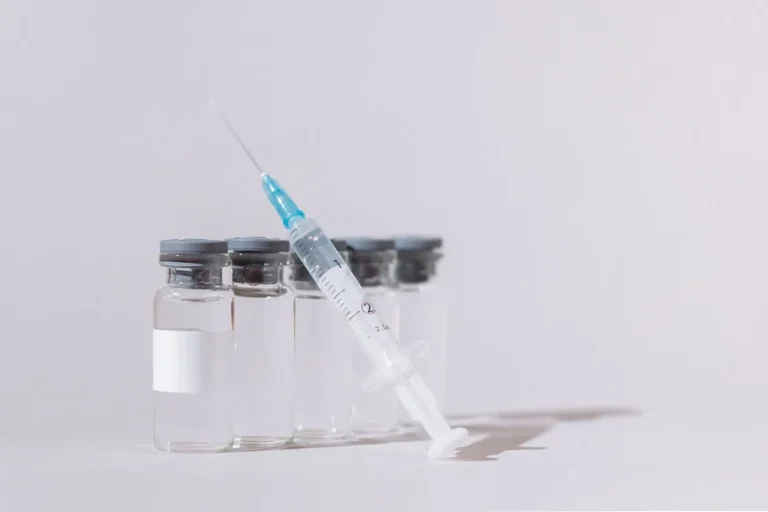Aurion Biotech Reports Positive 12-Month Results from Phase 1/2 CLARA Trial of AURN001 in Corneal Endothelial Disease
Aurion Biotech, a clinical-stage regenerative medicine company dedicated to restoring vision for millions of patients worldwide, today announced encouraging 12-month results from its Phase 1/2 CLARA trial. The study evaluated the safety, efficacy, and tolerability of AURN001—a combination of neltependocel (human corneal endothelial cells, CECs) and the Y-27632 rho-kinase inhibitor—in patients with corneal edema secondary to corneal endothelial dysfunction. The findings were presented at Cornea Day during the American Academy of Ophthalmology (AAO) Annual Meeting in Orlando, Florida.
The Phase 1/2 CLARA trial (NCT06041256) was designed as a double-masked, parallel-arm, dose-ranging study. Its primary goal was to assess how patients respond to a single dose of AURN001 corneal endothelial cell therapy. Patients were monitored over a 12-month period to evaluate improvements in visual acuity, corneal thickness, and patient-reported outcomes. The trial also included secondary and exploratory endpoints to capture a comprehensive picture of the therapy’s effects.
The results demonstrated a clear dose-dependent response, with the highest efficacy observed in the high-dose group. At 12 months, 65% of subjects in the high-dose AURN001 group achieved a ≥15-letter gain in best corrected visual acuity (BCVA), compared to 0% in the Y-27632 control group (p<0.0001). Beyond this threshold, patients in the high-dose cohort exhibited a mean BCVA improvement of 12.5 letters from baseline, while central corneal thickness (CCT) decreased by an average of 23.2 µm. Notably, responders’ visual acuity improved from 60 letters (equivalent to 20/60 Snellen) to 81 letters (20/25 Snellen), reflecting a meaningful restoration of functional vision.
The trial also captured improvements in patient-reported outcomes using the VFQ-25 questionnaire. Participants in the high-dose AURN001 group reported significant gains in vision-related quality of life, further emphasizing the therapy’s potential to impact daily living. These results underscore a strong correlation between the biological effects of AURN001 on the cornea and meaningful improvements in patients’ vision and quality of life.
Dr. Edward J. Holland, Chief Medical Officer of Aurion Biotech, commented on the significance of the findings: “The results of our Phase 1/2 CLARA trial reinforce the growing body of evidence supporting AURN001. Across different patient populations and geographic regions, our corneal endothelial cell therapy has demonstrated consistent safety and efficacy. Following approval from Japan’s PMDA in 2024, where Aurion is already commercializing AURN001, we are preparing to launch a pivotal Phase 3 trial in the United States in the first half of 2026. We remain incredibly optimistic that this therapy will one day restore vision for millions of individuals suffering from corneal endothelial blindness.”
Dr. W. Barry Lee, a cornea specialist at Eye Consultants of Atlanta and President of the Cornea Society, presented the data at AAO and highlighted the trial’s safety outcomes. “It is impressive that this trial was able to successfully achieve all primary, secondary, and exploratory endpoints. AURN001 was safe and well-tolerated across all treatment groups, with no cases of graft rejection and no treatment-related serious adverse events. This provides clinicians with a high level of confidence in the safety profile of CEC therapy as the clinical program progresses.”
AURN001 represents a transformative approach to treating corneal endothelial disease, a set of conditions in which the cornea’s critical endothelial layer is damaged. These cells are responsible for pumping fluid out of the cornea to maintain clarity, and their loss leads to corneal swelling, impaired vision, and, eventually, blindness. Current standard-of-care treatments, including corneal transplantation, are limited by donor tissue shortages and associated surgical risks. By contrast, AURN001 leverages cultured human CECs, offering a scalable solution that could overcome these limitations.
Aurion Biotech has secured both Regenerative Medicine Advanced Therapy (RMAT) and Breakthrough Therapy Designation (BTD) from the U.S. Food and Drug Administration for AURN001. These designations recognize the therapy’s potential to address a significant unmet medical need in patients with corneal endothelial disease. Each qualified donor line, following rigorous manufacturing and quality control processes, may yield up to 1,000 therapeutic doses. This capability has the potential to transform a single tissue donation into a mass-scale therapy capable of treating millions of patients globally.
Beyond visual acuity gains, the CLARA trial provided evidence of a robust dose-response relationship, supporting the selection of the high-dose regimen for future pivotal studies. Patients in the lower-dose groups also exhibited measurable improvements, although these were less pronounced than in the high-dose cohort. This trend highlights the importance of optimizing cell dosing to maximize therapeutic benefit.
Safety monitoring in the trial was comprehensive, encompassing ocular and systemic adverse events, graft rejection, and immune response assessments. Importantly, the therapy was well-tolerated, and no serious safety concerns were identified. The absence of graft rejection events or treatment-related serious adverse events across all dose groups is particularly encouraging, reinforcing the promise of CEC therapy as a viable and reliable treatment option for corneal endothelial disease.
As Aurion Biotech prepares to advance AURN001 into pivotal U.S. Phase 3 studies, these 12-month results provide a strong foundation for regulatory discussions and clinical trial design. The data suggest that a single administration of cultured corneal endothelial cells, in combination with the Y-27632 rho-kinase inhibitor, can produce sustained improvements in both objective clinical measures and patient-reported outcomes.
In conclusion, the positive 12-month outcomes from the CLARA Phase 1/2 trial mark a significant milestone for Aurion Biotech and the broader field of regenerative ophthalmology. AURN001 not only demonstrates the potential to restore vision in patients with corneal endothelial dysfunction but also represents a scalable, donor-independent approach that could revolutionize the treatment landscape for millions of patients worldwide. As the company advances toward pivotal trials in the United States, clinicians, patients, and investors alike are watching closely, hopeful that AURN001 will fulfill its promise as a first-in-class cell therapy for corneal endothelial disease.



